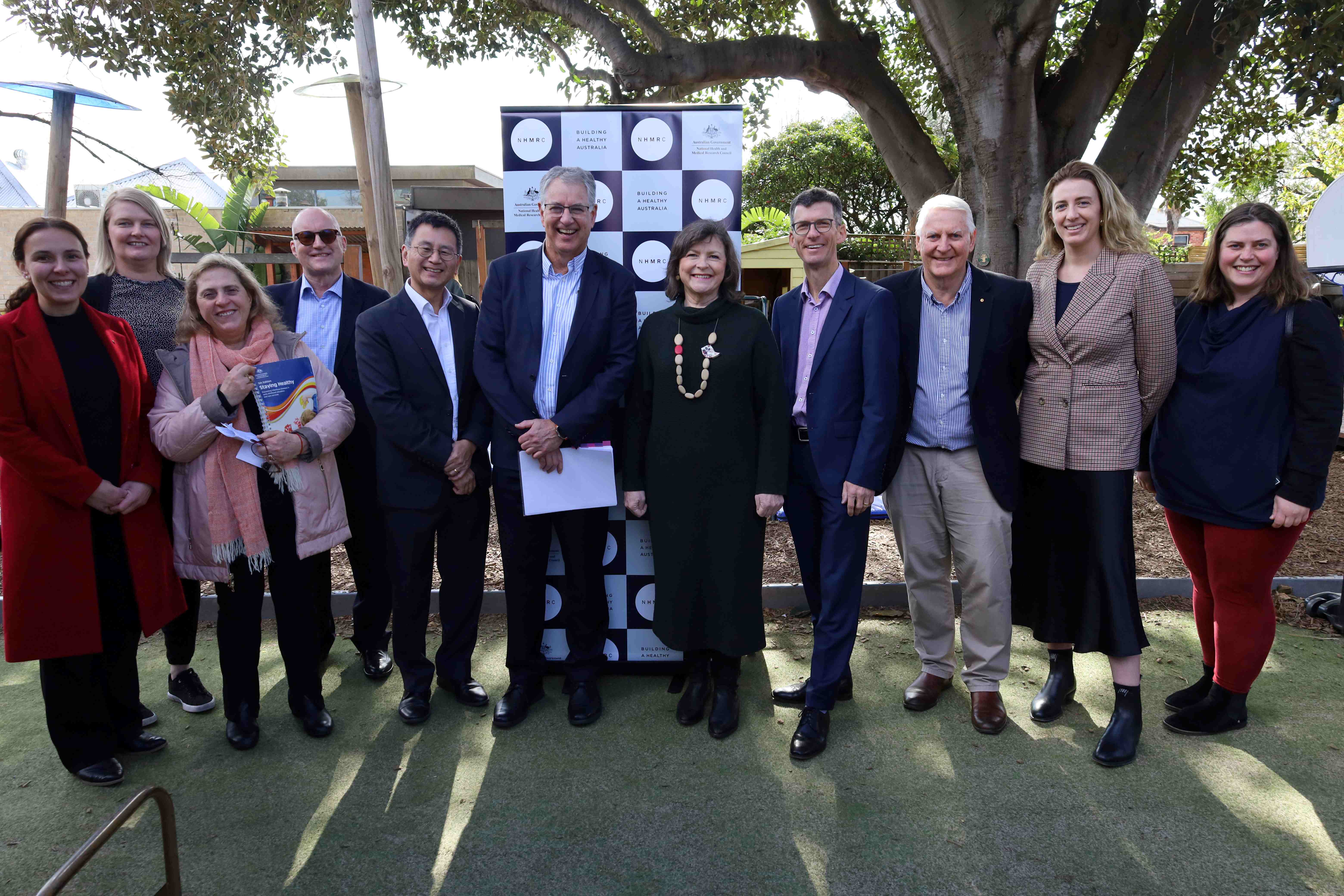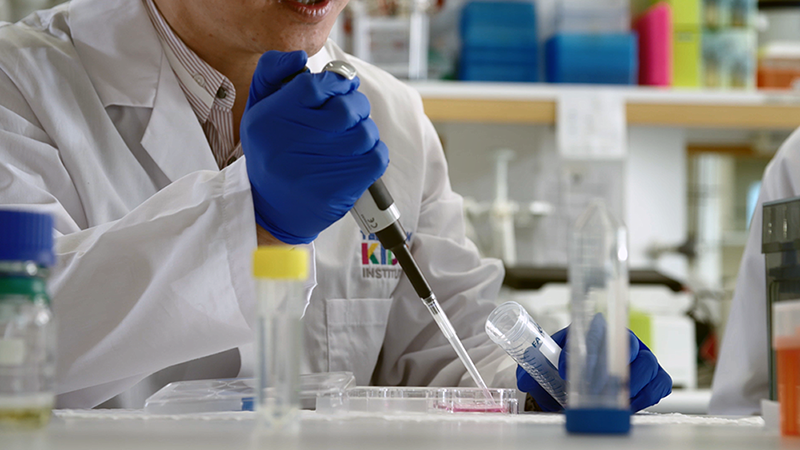Search

News & Events
Youthful voices happy to be heardTwenty-year-old Emma Wignell, a proud member of The Kids Research Institute Australia Youth Advisory Committee, was one of the dozens of young Western Australians involved in the community conversations which helped shape the State’s first Youth Health Policy.

News & Events
Latest infectious disease guidelines aim to keep childcare ‘bug-free’The National Health and Medical Research Council (NHMRC) has launched their sixth edition of Staying healthy: Preventing infectious diseases in early childhood education and care services in a bid to tackle the transmission of germs amongst young kids.
Contact us If you'd like to get in touch, please contact us by phone or email. Phone: 0400 450 240 Email: vtg@thekids.org.au PAEDS Paediatric Active

News & Events
Why should all primary school aged kids get a free flu vaccine this winter?With COVID-19 being a major issue this year, is it still important to have a flu vaccine? And why have school aged children been included for a free vaccine?

News & Events
Pioneering technique opens new window on first week of lifeAn international team of researchers has pioneered a technique which gives unprecedented insight into the dramatic changes occurring in a baby’s body in the first week of life.

News & Events
New national guideline set to tackle skin infectionsWhen health organisations in the north-west of WA requested urgent action to address the region’s high rate of skin infections, Dr Asha Bowen answered the call.

News & Events
The Kids skin researcher awarded prestigious L’Oréal-UNESCO Women in Science fellowshipDr Asha Bowen, Head of Skin Health at the Wesfarmers Centre of Vaccines and Infectious Diseases, has been awarded a 2018 Fellowship as part of the prestigious L’Oréal-UNESCO Women in Science program.

News & Events
Funding support for high-performing researchersFive outstanding The Kids Research Institute Australia researchers are amongst the eight recipients of the WA Department of Health New Independent Researcher Infrastructure Support (NIRIS) awards.

News & Events
Global consortium aims to protect babies from their first week of lifeBabies are most vulnerable to life-threatening diseases in their first few weeks of life, yet current vaccines can’t be given until two months of age.

News & Events
Telethon supports vital child health research projectsThe generous support of West Australians through Channel 7’s Telethon Trust will help support crucial child health research at The Kids Research Institute Australia in 2022.
